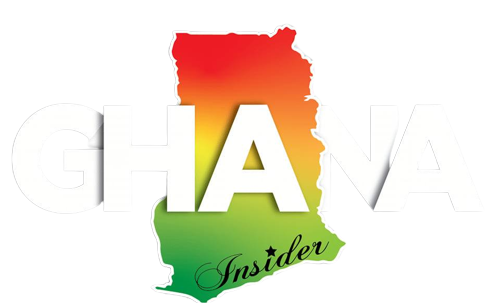Table of Contents
According to the Food, Drug, and Cosmetic Act, Drug is defined as a substance intended for use in the diagnosis, cure, mitigation, treatment, or prevention of disease. We are looking at some list of Class A drugs in Ghana. All the drugs you know of are classified into four major groups in Ghana.
They are the Class A, B, C and exempted drugs. Class A is further divided into Part I and Part II.
Class A drugs
Class A drugs are considered by the FDA(Food and Drugs Authority) to be the most harmful which means it has a high potential for abuse. All Class A drugs are supplied only on prescription.
The Part I and Part II of the Class A drugs are listed below.
Part I drugs of Class A drugs
Part I drugs are such drugs as Stimulants. Stimulant medications work by increasing dopamine levels in the brain. eg, amphetamines.
Barbiturates are another class A drugs but they are rarely used now. They are sedative-hypnotics that acts as a central nervous system depressant used to treat insomnia, seizures, and headaches. Examples include
- amobarbital (Amytal)
- butabarbital (Butisol)
- pentobarbital (Nembutal)
- secobarbital (Seconal)
- belladonna and phenobarbital (Donnatal)
- butalbital/acetaminophen/caffeine (Esgic, Fioricet)
- butalbital/aspirin/caffeine (Fiorinal Ascomp, Fortabs)
Sulphonamides are another class A drugs examples include
- Bactrim or Septra (trimethoprim and sulfamethoxazole)
- Gantrisin (sulfisoxazole)
- Azulfidine (sulfasalazine)
- Zonegran (zonisamide)
Part II of Class A Drugs
Part II are the narcotic drugs and this category contains hard drugs capable of incapacitating a persons senses. Heroin is considered one of the most dangerous substances. Below are the list of the drugs,
- Heroin
- Methadone
- Cocaine (including crack cocaine),
- Ecstasy
- Marijuana
- Magic mushrooms
- Xanax
- Codeine
- Oxycodone
- Anabolic steroids
Class B drugs
Class B drugs are those drugs which are supplied by Registered Pharmacists only to “responsible persons “, but not on prescription.
Class C drugs
Class C drugs are proprietary drugs which are to be supplied by both chemical sellers and registered pharmacists. These drugs are not sold on prescription and can be obtained at all pharmacy shops in the country.
Class A, B and C drugs are to be sold on registered places and by registered people, i.e. registered pharmacists or licensed chemical sellers.
Exempted drugs (i.e. those not in classes A, B and C) are such drugs as aspirin and sodium bicarbonate which can be sold by anyone and at any place including drug peddlers commonly referred as “Abochi”.
To classify a drug into any category, two factors are considered. They are the drug’s potential for abuse and its medical value. Because addictive drugs score high on the chart of drugs that are addictive, they are classified as Class A. The More addictive and dangerous a drug is, the higher its chance of being classified as Class A.
The medical value of a drug is determined by the drug undergoing large-scale clinical trials to satisfy the conditions of being fit to be used by humans according to the regulations of the Food and Drug Authority (FDA), as it has some set standards for drugs entering the market.

The government hospitals in Ghana receive their supply of narcotics from the Central Medical Stores. The private and mission hospitals purchase their narcotic drugs from local importing firms.
The Narcotics Control Board In Ghana is responsible for carrying out inspections at various entry points of the country to check the flow of narcotics into the Country. Periodic sweeps are done on airplanes and vessels. During these inspections, if any suspected narcotic product(s) is found, and has not been authorized by the the Central Medical Stores , they are confiscated and tests are run to ascertain the kind of substance it is. The culprits are then arraigned before law courts for their cases to be tried.


